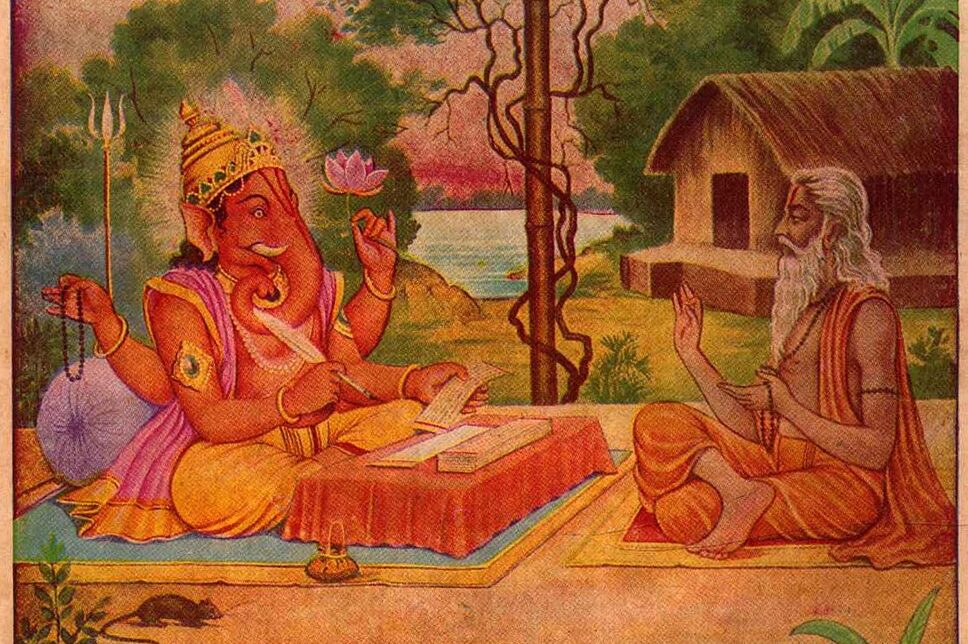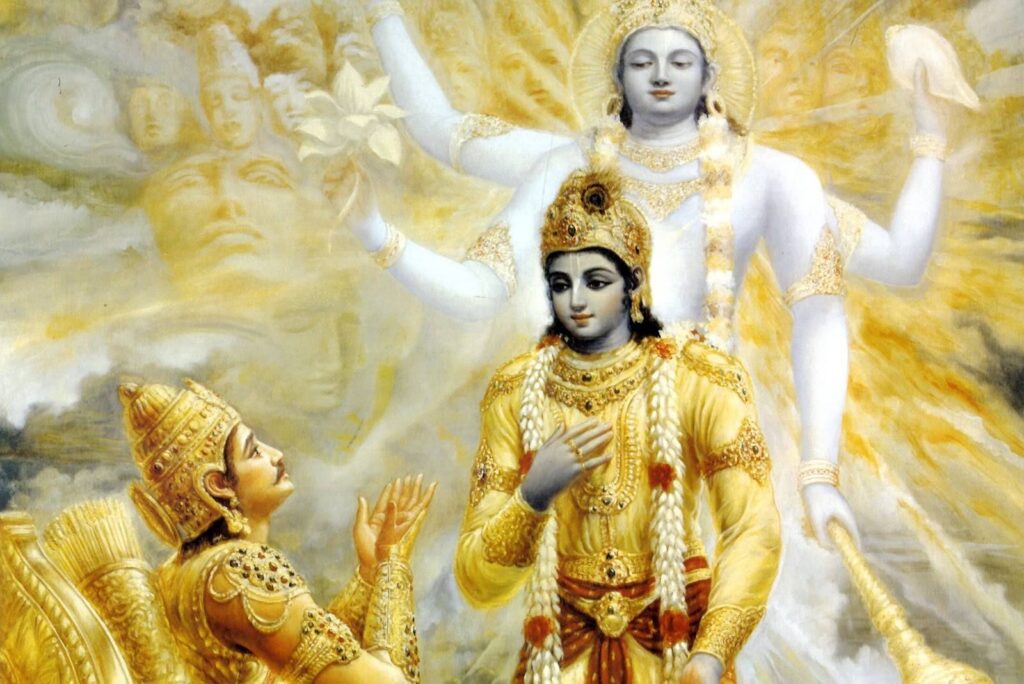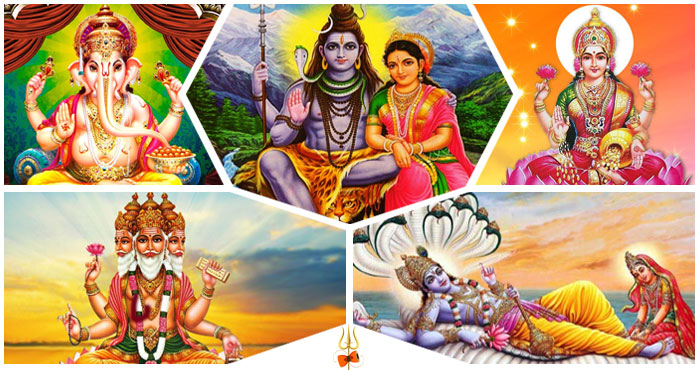By Dimitris Topalis,
Introduction
Hindu mythology is one of the most interesting mythologies there is. One of the most fascinating facts about Hindu mythology is that it deals with the concept of the eternal, maybe even more than the other mythologies. One of the things that contribute to the concept of Hindu mythology is the geomorphology of the land that the people lived in at the time. It is believed that the vastness of the land and the travels that the Hindu people did during that time made them think, most of the time, about what is behind that godly view. Additionally, the one behind all that beauty is either a godly game, a drama between the gods, or both of those reasons, and it takes place with different scenes in the everyday life that happen in a moment what the Hindu people called “Kṣaṇika of Dharma”. Most information that we get about Hindu mythology is provided to us by the following series of books: the Vedas, the Upanishads, and the Shrimad Bhagavad Gita.
The tales of the Vedas
In the epic tale of the Vedas, we have a collection of different mythological and religious stories with different points of view. From one Veda myth, we learn about the time before the creation of the world. Before the creation of the world, there was nothing, even nothingness itself, because the existence of nothingness is still considered as an existence. Even death did not exist. Also, the world was created by the warmth that touched the void, creating the One, the meaning of all things that exist in the world. The myth also says that wishing is the first seed of thought, as people are bounded by their wishes and their desires, and that is how they act in the everyday world.

The tales of the Upanishads
The Upanishads are tales of Hindu philosophy, which later supplied Hindu mythology. They are considered the most recent part of the Vedas. The Upanishads deal with medication, philosophy, consciousness, and the knowledge that all the deities and humans possess. The Upanishads also investigate the nature of Ātman (referring to the Self or self-existent essence of individuals). The meaning of those tales is “sitting down near”; meaning there are a lot of speculations about what those tales actually mean. Most history researchers believe that their meaning is referring to a student that sits near his teacher. The Upanishads in Hindu mythology were created by the sage Krishna Dvaipayana (better known as Vyasa or Vedavyasa; “the one who classified the Vedas“).
The tales of Shrimad Bhagavad Gita
The tales of Shrimad Bhagavad Gita (mostly known as the Gita) are dialogues between the pāṇḍavas, which are Yudhishthira’s five brothers, Bhima, Arjuna, Nakula, and Sahadeva, who are Pandu’s five recognized sons and major figures in the Mahabharata epic), and his friend and right-hand, Krishna. In Gita, there is a big war between the pāṇḍavas and Kauravas (a Sanskrit name for descendants of Kuru, a mythical Indian monarch who is the forefather of many of the Mahabharata’s protagonists), which is also referred to as Dharma–yuddha, (“righteous war”). In the beginning, we see the moral dilemma and grief of prince Arjuna about the violence and the pain that the war will bring to his people, which is why he asks Krishna’s opinion. Krishna’s advice is that he should hold his duty as a warrior and carry on with the righteous war. Most of their discussions talk about honor, spiritual topics, and the part the dilemmas given to the world. The Gita is thought by some to be written by the god Gaṇeśa, which was told to him by the great sage Vedavyasa.

Important gods from Hindu Mythology
The most important gods of Hindu Mythology are five. The first one is the great god Shiva (Śiwa or Śiva), who is said to be the controller of time and the one that carries the process of destruction at the end of the age of the creation of the world; hence he is known as “The Destroyer”. Another major deity in Hindu mythology is Viṣṇu (also known as Narayana and Hari). He is also known as “The Preserver”, and is believed to be the supreme god that creates, protects, and preserves the universe. Viṣṇu is also a part of the triple deity of supreme dignity (the Trimurti) alongside Brahmā (“The Creator”), and Shiva. An important goddess in Hindu mythology is Shakti, which is the cosmic energy that represents the forces of the universe. Another important deity is Gaṇeśa (also known as Ganapati and Vinayaka). Although Gaṇeśa has many forms, the most recognizable is the one with the elephant head. The last deity is Surya, who is believed to be the sun, a solar deity. Surya, most of the time, is believed to ride a chariot with seven horses.
Epilogue
Hindu mythology is one of the most interesting mythologies there is. Firstly, it depicts facts about the everyday life of a human and gives some philosophical opinions that can be applied throughout the history of the world. It also gives a great representation of the cruel outcomes and what wars can do to the mind, as we saw in the conversations of Arjuna and Krishna. In my opinion, whoever decides to give Hindu mythology a look will not lose their time, but they will gain wisdom and maybe start to see the world in a brand new way.
References
- Διονύσιος Πλατανιάς, «Οι Μυθολογίες του Κόσμου — Α’ Μέρος: Ο επικός μυθολογικός κύκλος», εικονογράφηση Νικόλας Τζίβας Πέτροβας, Εθνικό και Καποδιστριακό Πανεπιστήμιο Αθηνών, Κέντρο Διαπολιτισμικής Αγωγής, Αθήνα, 2004, diapolis.auth.gr, Available here




